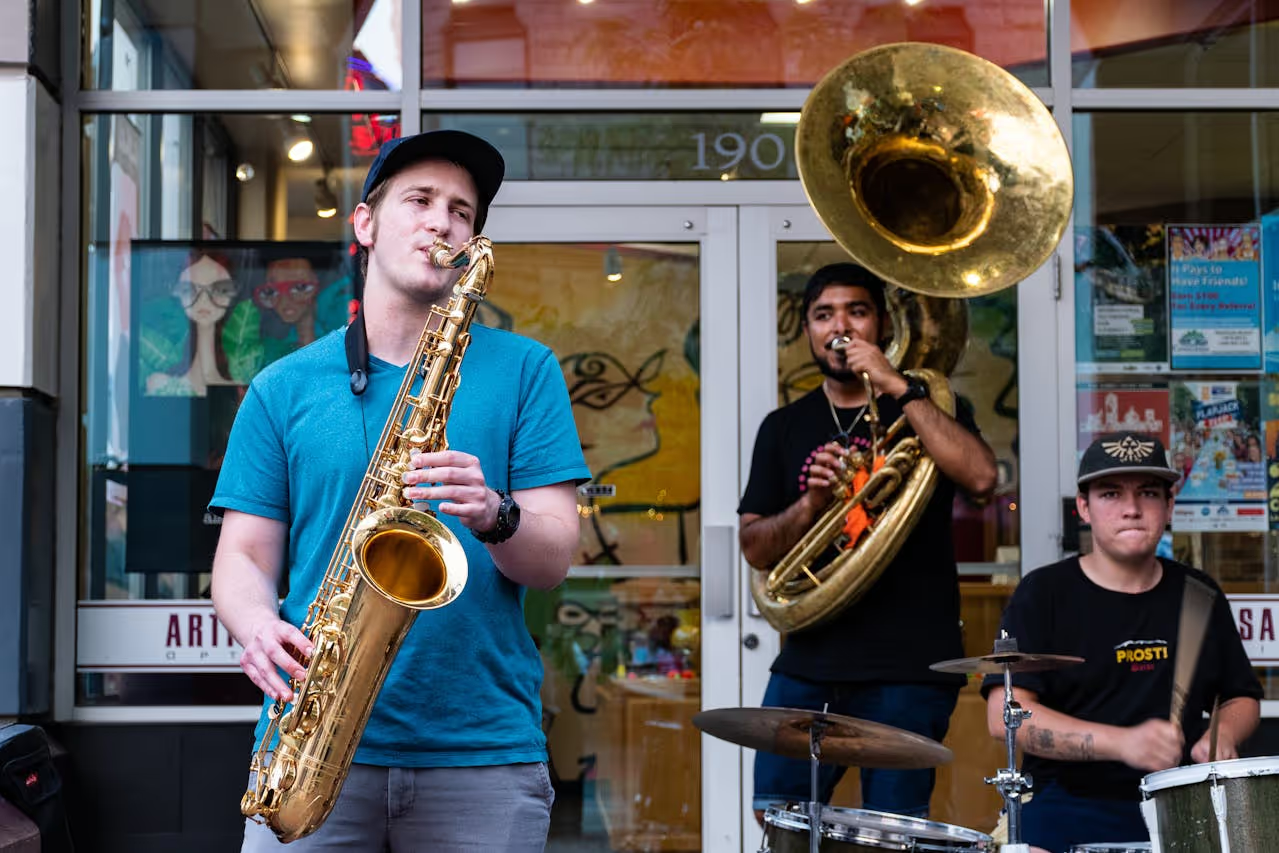Explore Your Musical Passions Through College Music Clubs
If you're a student who loves music, college offers plenty of opportunities to stay involved or try something new. From large university orchestras to small indie jam sessions, there’s something for every type of musician. Music clubs in college not only let you express your creativity but also connect you with like-minded peers and even open academic or career pathways in the music industry.
Whether you're into classical compositions, vocal ensembles, or contemporary rock, finding the right music club can enhance your college experience. This guide will walk you through some of the most popular campus music organizations, including a cappella groups, jazz bands, concert choirs, and more.
Top College Music Clubs to Join
Student-run music groups are common on most campuses. Many universities also offer faculty-led programs that welcome non-majors. Let’s explore the best music organizations you can join as a college student:
A Cappella Groups – Blend Voices, No Instruments
A cappella singing is one of the most accessible and popular forms of group music in college. You don’t need to carry an instrument—just your voice. These groups vary in size and style, offering arrangements from pop and hip-hop to classic tunes and original compositions.
- Auditions are often competitive, especially with well-known collegiate a cappella groups.
- Great for improving vocal technique and expanding your stage presence.
- Opportunities to perform at campus events, competitions, and even national showcases.
Jazz Bands – Express Yourself With Rhythm and Improvisation
Jazz bands are a fantastic choice if you play saxophone, trumpet, drums, guitar, or piano. These student ensembles typically perform classic jazz standards, swing, funk, and modern compositions. Improvisation skills are highly encouraged but often developed through participation.
- Directed by music faculty or experienced student leaders.
- Often collaborate with vocal soloists or small combos for gigs.
- Ideal for students looking to build stage experience and musicianship.
University Choirs and Vocal Ensembles
If you love choral singing, consider joining the university choir or chamber vocal group. Some schools offer credit for participation. These groups often perform complex pieces ranging from sacred music to large-scale works such as Handel’s Messiah or Beethoven’s Ninth Symphony.
- Most include sopranos, altos, tenors, and bass voices (SATB).
- May require auditions to assess range and sight-reading skills.
- Perform in concerts, recitals, and sometimes regional competitions.
Concert Band and Symphony Orchestra Opportunities
Play a wind, brass, or string instrument? University bands and orchestras are the perfect fit. These large ensembles rehearse regularly and perform seasonal concerts. Many welcome non-music majors who have experience in high school band or orchestra.
- Band sections often include flute, clarinet, saxophone, trumpet, trombone, and percussion.
- Orchestras feature strings (violin, viola, cello, bass), woodwinds, and brass.
- Excellent for building ensemble skills and exposure to classical music repertoire.
Student-Led Rock and Pop Bands
Looking for a more casual or contemporary music experience? Forming or joining a student rock band might be the way to go. Many campuses provide rehearsal spaces, open mic nights, or student union concerts that rock and indie bands can join.
- Popular among guitarists, drummers, bassists, pianists, and singer-songwriters.
- No formal auditions—bands recruit through posters, forums, or music networking events.
- Chance to write original music and record demos or perform at student festivals.
Musical Theater and Pit Orchestras
If you love theater and want to be part of a live stage performance, consider joining the pit orchestra. Most college musical theater productions rely on student musicians to bring the score to life.
- Instruments vary by musical, often include keys, guitar, strings, woodwinds, and brass.
- Commitment typically spans from staffing rehearsals to multiple live performances.
- Great way to gain real-world experience in live musical production.
World Music and Cultural Ensembles
College campuses are diverse, and music clubs reflect that with ensembles dedicated to international traditions. Join a mariachi band, West African drum circle, Indian classical music group, or K-pop dance-vocal team.
- Enhances your musical versatility and cultural understanding.
- Often part of multicultural festivals and language programs on campus.
- Require openness to learning new techniques, rhythms, and instruments.
Why Join a Student Music Organization?
Being involved in a university music group helps you grow both socially and musically. Here are some key benefits:
- Develop performance skills under low-pressure, supportive settings.
- Build a resume that includes teamwork, discipline, and leadership.
- Make friends and connections across different majors and backgrounds.
- Engage in meaningful performances that contribute to campus life and culture.
Frequently Asked Questions About College Music Clubs
Do you need to be a music major to join a college music club?
No, most college music clubs are open to all students, regardless of major. Some ensembles may hold auditions, but many welcome anyone passionate about music.
Are there clubs for beginners or casual musicians?
Yes, many universities have music appreciation clubs, songwriting groups, or low-pressure jam sessions for beginners and casual musicians. These are great places to learn and experiment.
Can joining a music club help your career?
Absolutely. Participating in a college music organization shows teamwork, commitment, and creative problem-solving on your resume. It can also open doors in recording, teaching, and performing arts careers.
What musical instruments are in high demand at college clubs?
Brass and woodwind instruments like trumpet, trombone, saxophone, and clarinet are often in high demand. Drummers, bass players, and pianists are also commonly sought after in both jazz and rock bands.











.svg)



